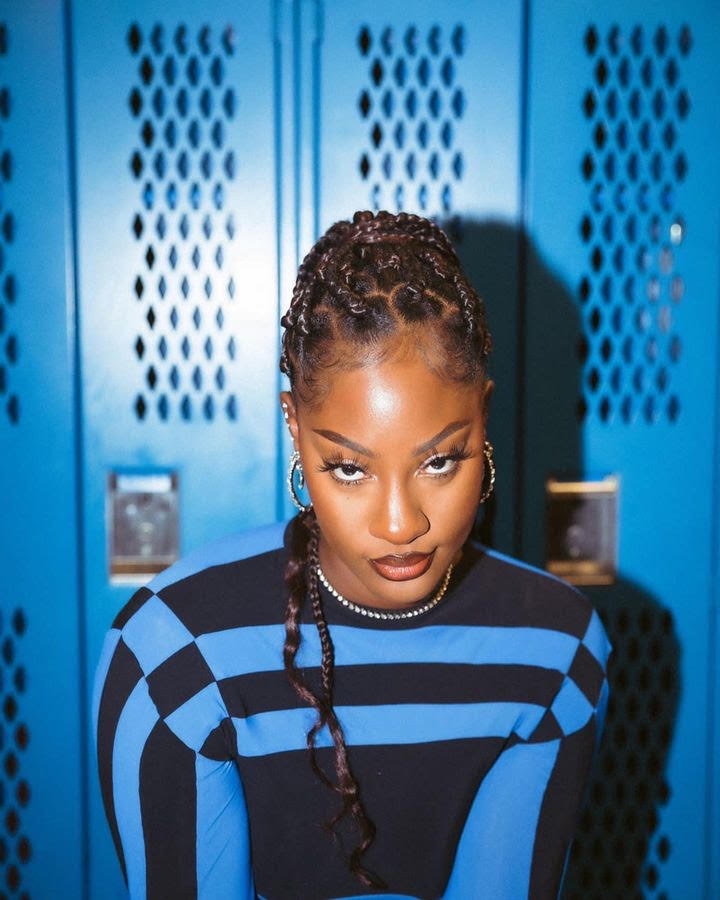For the first time in 2020, many disabled game developers and consumers attended gaming events they otherwise couldn’t due to disability and cost. The games industry was no stranger to hybrid or online events prior to the Covid-19 pandemic – E3, for one, has streamed showcases for years – but it wasn’t until lockdowns occurred, changing how events had to function and bringing awareness to the disabled experience, that organisers adopted widespread virtual and physical accessibility.
READ MORE: 1080 Snowboarding’ introduced Nintendo kids to jungle and drum ‘n’ bass
Progress in event accessibility looked like it was trending upwards in 2021. But in 2022, conferences and showcases returned to the exclusionary normality. The Games Developers Conference (GDC) convened as a largely in-person hybrid event with some talks being in-person exclusive, despite anxieties about surges of Covid-19 cases and the BA.2 variant; later, it was reported by The Washington Post that GDC’s Covid-19 guidelines were not actively enforced. TwitchCon, whose organisers backtracked on not requiring Covid-19 precautions due to backlash, fell under further scrutiny after attendees tweeted about multiple accessibility barriers and injuries acquired from TwitchCon’s foam pit. Even online, accessibility lapsed. Geoff Knightley’s Summer Game Fest and Game Awards weren’t as properly captioned as before, and audio-described versions of the events were either non-existent or unlisted on YouTube.
How was so much progress abandoned after the lessons of 2020 and 2021? Speaking to NME for this article, some suggested studios and organisers viewed accessibility as a mere trend, or simply didn’t have time, resources, or personnel. But this is all guesswork.
What isn’t speculation, fortunately, is that there are individuals dedicated to raising the bar for accessibility industry-wide, however few their numbers, come hell or high water.
The effort is international. Such as on New Zealander and Australian shores, where volunteer organisation Accessibility Unlocked is serving as a bridge between disabled developers, students, resources, other organisations, and companies looking to implement accessibility within studios.
Cameron Hopkinson. Credit Cameron Hopkinson
“Our primary focus is on developers, and how to make their experience better as they move through their career, but we’re always happy to encourage people towards resources for their audience,” said Cameron Hopkinson, co-founder of Accessibility Unlocked.
On occasion, Accessibility Unlocked also consults pro-bono for conferences. One of their recent partners was the Interactive Games and Entertainment Association (IGEA), the organisers behind Games Connect Asia Pacific (GCAP), a networking conference for developers in the region.
According to 2022’s New Zealand Interactive Media Industry survey, only 5% identified as neurodivergent and 1% as disabled. It’s a stark difference compared to 29% identifying as disabled in a 2021 survey done by the International Game Developer Association (IGDA). As small as the industry is in New Zealand and Australia, accessibility hasn’t been as big of a concern. Still, IGEA was and is committed to accessibility for GCAP.
“As with game design, very often making something accessible is also just good design practice anyway.” – Sav Wolfe of igea
When asked why, Sav Wolfe, IGEA’s Manager of Events, Content, and Diversity and Inclusion said, “As with game design, very often making something accessible is also just good design practice anyway.”
Attendees at GAConf. Credit: GAConf Staff
As developers will stress about accessible game design, doing research and planning accessibility implementation early is key. For IGEA, contacting Accessibility Unlocked as soon as they realised GCAP was to be held online in 2020 was necessary to establishing what could be done in scope and budget to enhance the experience for attendees.
“Over the two years [of holding GCAP virtually], our most surprising and meaningful interactions actually came from software we used to create ‘coffee catch-ups’ – a queue you could join to meet with another attendee for a timed 5-minute chat before it would move you to another person,” said Wolfe. “It was so intensely popular as a low-stress way to meet other like-minded people in a safe way during a pandemic, but it was also easily accessible and provided those who were quite socially anxious and unused to conference conversations a chance to meet people on their terms.”
In the United States and Europe, IGDA’s Games Accessibility Conference, otherwise known as GAConf, founded by co-directors Ian Hamilton and Tara Voelker, adopted a similar idea by using the messaging platform Discord as a communal space where attendees conversed as talks were streamed. GAConf is the industry’s sole conference dedicated to accessibility, and has been lauded as accessible not just to the disabled, but also to those working in different countries, or who can’t usually afford tickets to events or travel. Though, as with other events, it wasn’t hosted virtually until 2020.
Ian Hamilton and Tara Voelker with GAConf staff. Credit: GAConf Staff
Commenting on GAConf going hybrid in 2022, Hamilton said, “For [considerations of the pandemic, various disabilities, timezones, and travel difficulties], when we eventually returned to having an in-person component it was essential for us to avoid the usual trap of in-person being the primary event and online just being a second class thing. So we flipped it; everyone’s consuming the same content in the same way and in–person attendees are still engaging on Discord, the in-person event is more of a watch party.”
“You can be any race, gender identity, sexuality, or economic status and be disabled. So for us, these are all groups we want to feel included in GAConf,” said Voelker. “Our last in-person event, we finally had pronoun badges for our guests. I’m excited that we finally had them, but it shows that we’re still growing when it comes to supporting all of our attendees.”
GCAP’s and GAConf’s different answers to the same issue of isolation in the pandemic evinces that alternative, accessible solutions are possible, beneficial for multiple groups, and not one-size-fits-all. But of course, the financial cost and labour involved can make attempting an accessible event or maintaining accessibility standards look daunting.
As mentioned earlier, Accessibility Unlocked is a volunteer organisation. And when consulting for GCAP 2020, one thing they had to advise on was the lack of proper captions due to the prohibitive cost of captioning software at the time and few hands on deck. To that end, they settled on at least creating transcripts. GAConf, too, is put together by a volunteer team; it’s funded mostly by sponsorships, and virtual tickets are pay-what-you-can while in-person tickets are only high enough to cover per-head costs, like for catering. Hamilton gave an estimate of $7,000 USD to run two days of GAConf in person, a small sum compared to most conference budgets, but inarguably a significant one.
Both GAConf’s and Accessibility Unlocked’s founders emphasised the importance of selecting the right venue. One could make the comparison that venues are to event organisers what engines are to game developers: frameworks that heavily impact expenses and what can or can’t be done regarding accessibility.
Accessible venues consequently affect studio showcases, which in turn can affect brand recognition. Last year, Xbox was noted by disability advocates as the most consistent with accessibility and their commitment to courting over 400 million disabled gamers worldwide. Their booth at Gamescom 2022, led by Senior Gaming Accessibility Program Manager Brannon Zahand and Technical Program Manager Nisha Patel, became the subject of a talk they gave at the US edition of GAConf in October.
Brannon Zahand and Nisha Patel with the Xbox team at Gamescom. Credit: Microsoft
The booth was set up with ADA (Americans with Disabilities Act) requirements in mind, and included ramps, customisable demo stations, prominent signage, staff trained to help people with disabilities, and more. To manage this, they had to work with Gamescom’s team at exhibition centre Koelnmesse GmbH, located in Cologne, Germany.
“We are very targeted in our event participation and would be cautious of supporting a show or venue that does not provide basic accessibility features for attendees,” said Jennifer Nichols, Director of Global Events at Xbox, in response to a request for comment.
But Microsoft is Microsoft. Smaller organisers don’t have the same budget constraints, and thus would be more hesitant to follow accessibility recommendations for a minority of attendees. When asked how he’d respond to this worry, Zahand acknowledged the constraints and advised they start with the fundamentals and take the steps they can, stating that “you can do a lot with very little.”
“Also, based on our experience at Gamescom, I would estimate that nearly all of the accessible features and inclusive design considerations we implemented in our booth were utilised by at least one or more members of our ‘Gaming and Disability’ community, with the vast majority utilized by multiple individuals,” added Zahand. “So, I would be cautious assuming a more inclusive space would go unused.”
Credit: GAConf staff
Zahand and Patel additionally shared interactions that stuck with them at Gamescom. Someone in a powerchair who needed a friend to lug a heavy metal ramp around because the majority of other booths were inaccessible; a mother with limited mobility finally beating a level on a game; a man in a wheelchair who thanked Patel for Xbox’s commitment to accessibility.
In preparing for this article, I also spoke with Gaming Accessibility Nexus’ journalists Antonio I. Martinez and Nickie ‘Talvi’ Harper-Williams, as well as blind content creator SightlessKombat, to try to get a sense of how disabled attendees felt about industry events. It was disheartening to hear that all three were essentially hindered from doing their jobs. For SightlessKombat and Martinez, it was because the industry’s reliance on in-person events is a barrier itself, whereas for Talvi, it was because an event overloaded her senses and didn’t even have a place she could sit to rest and write.
The industry has a long way to go before accessibility is an expected standard across the board. But it matters that we try – beginning with the acknowledgement that we all lose when we don’t invest in our disabled peers nor welcome them into our communities, virtually and in-person.
Sherry Toh is a freelance journalist, accessibility advocate and regular contributor to NME.
The post Gaming events have an accessibility problem – but organisers are working to change that appeared first on NME.



